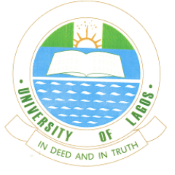Supply chain of routine orthopaedic implants in Kampala, Uganda: public-private workarounds arising from poverty and scarcity
DOI:
https://doi.org/10.15641/ghi.v1i1.448Abstract
We examined how surgical implants were accessed by orthopaedic trauma patients in selected public and private hospitals in Kampala, Uganda. The study employed a series of interviews with professionals highly familiar with this circumstance: orthopaedic surgeons from Mulago National Referral Hospital (MNRH), and staff of the MNRH and Ministry of Health (MOH) procurement departments. We also interviewed patients who had received implants in MNRH. Surgeons were forthcoming in describing how implants were made available to their patients and offered several opinions on implant quality, regulation, and the importance of donations in orthopaedic care. The health care officers corroborated the implant procurement process described by the surgeons. We observed that the procurement process was comprised of three distinct pathways: two pathways through which patients purchased implants either directly or through intermediaries, and one donations pathway that provided Western implants through collaborative partnerships. These pathways have evolved to circumvent the mismatch between the high cost of orthopaedic trauma surgery and the overall poverty of the population. This qualitative study strongly supports expanding the capability of the Uganda National Medical Stores (NMS), the arm of the MOH that stores and distributes medicines and supplies to public hospitals, into a sustainable source of orthopaedic implants, inclusive of improved regulatory oversight and quality control for implants.
Downloads
Additional Files
Published
How to Cite
Issue
Section
License
Copyright (c) 2018 Zoe Sekyonda, Ashley Reid, Erisa Sabakaki Mwaka, Karim Abdi, Davis Baguma, Jethro Ndyabahika, Conrad Waludde, William Reichert

This work is licensed under a Creative Commons Attribution 4.0 International License.
Global Health Innovation is an open access journal, and the authors (copyright owners) should be properly acknowledged when works are cited.





